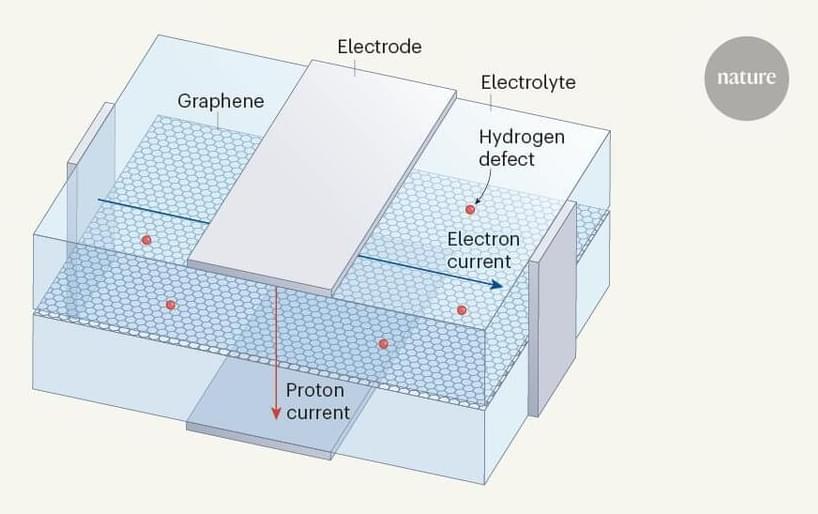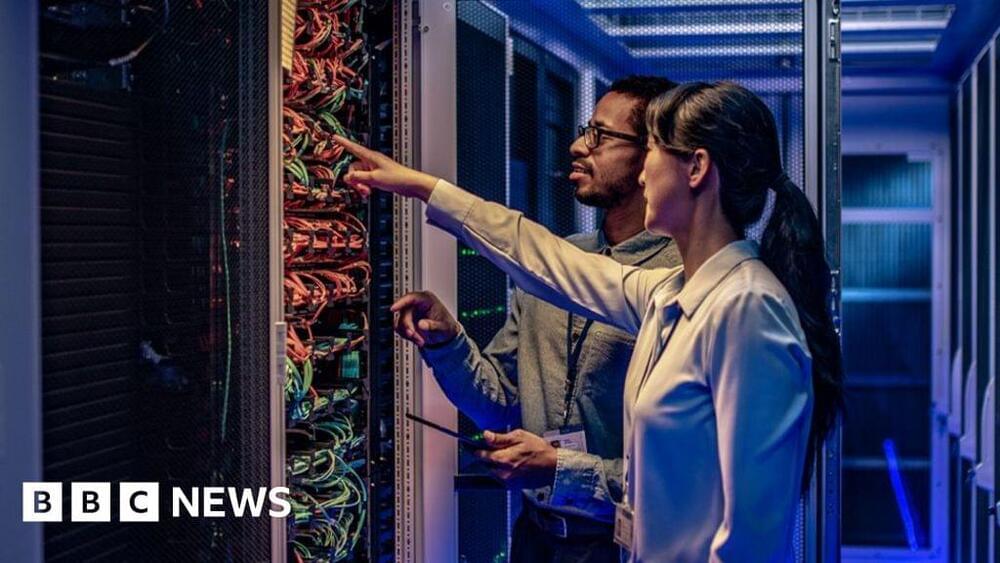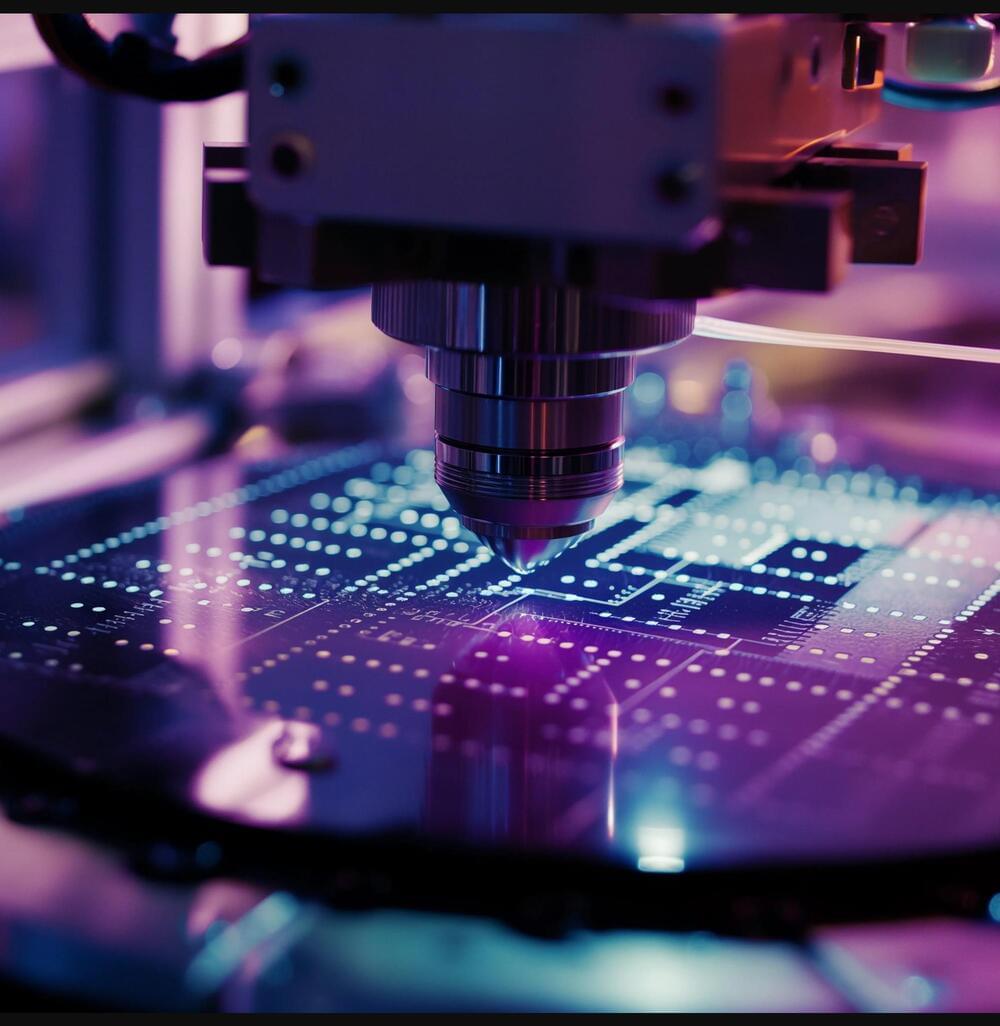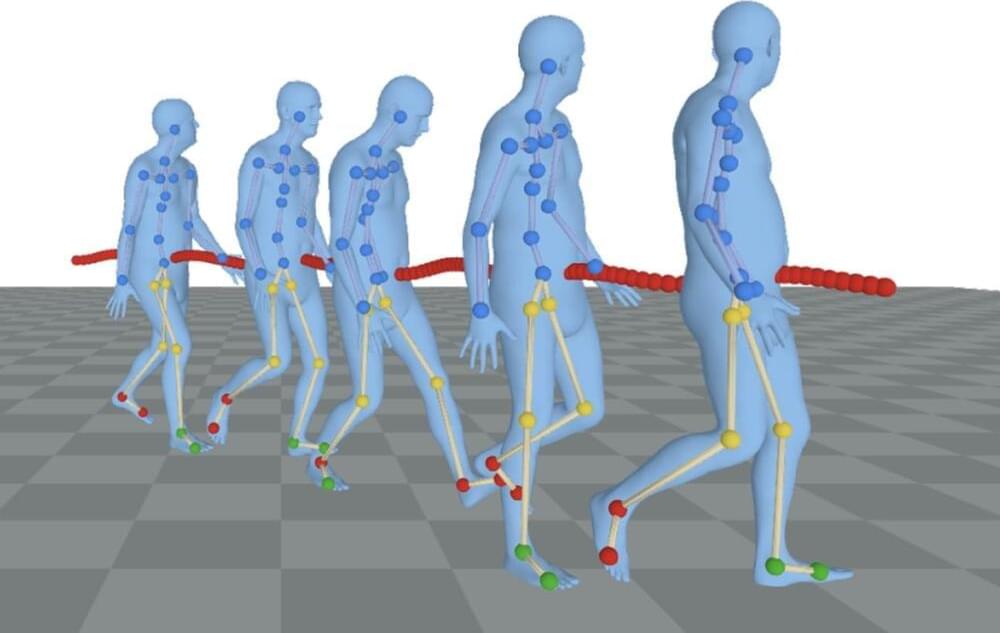Page 365
Jun 21, 2024
Computers built like brains could be a ‘competition killer’?
Posted by Dan Breeden in categories: computing, neuroscience
Jun 21, 2024
Novel Dry Deposition Revolutionizes Carbon Nanotubes
Posted by Dan Breeden in categories: computing, nanotechnology
In today’s semiconductor manufacturing industry, the most advanced chips are produced at 7 nm and below where there is little room for error. Despite the difficulty and unrelenting pressures found in this microworld, engineers and scientists remain undeterred in their pursuit of cutting-edge processes, techniques or materials that push the boundaries of Moore’s Law. Through endless experimentation at the nanoscale level, designers and researchers seek to uncover minute improvements that have the potential to translate into millions—if not billions—of dollars in revenue for chipmakers.
The emergence of carbon nanotubes (CNTs) as a compelling alternative material to address inefficiencies in extreme ultraviolet (EUV) lithography has the potential to be one of those innovations. However, contemporary production methods create CNTs that fall short of expectations. To realize the full potential of CNTs requires a new production method that significantly improves their quality. Only then can they help the semiconductor industry deliver on the insatiable demands for advanced chips.
Before exploring the production methods behind creating CNTs, one must first understand why they are so crucial in the semiconductor industry.
Jun 21, 2024
GCS: Global Cryonics Summit, Miami Florida July 20 & 21 2024
Posted by Paul Battista in categories: cryonics, life extension
Jun 21, 2024
Why Does Biological Evolution Work? A Minimal Model for Biological Evolution and Other Adaptive Processes
Posted by Dan Breeden in categories: biological, computing, space
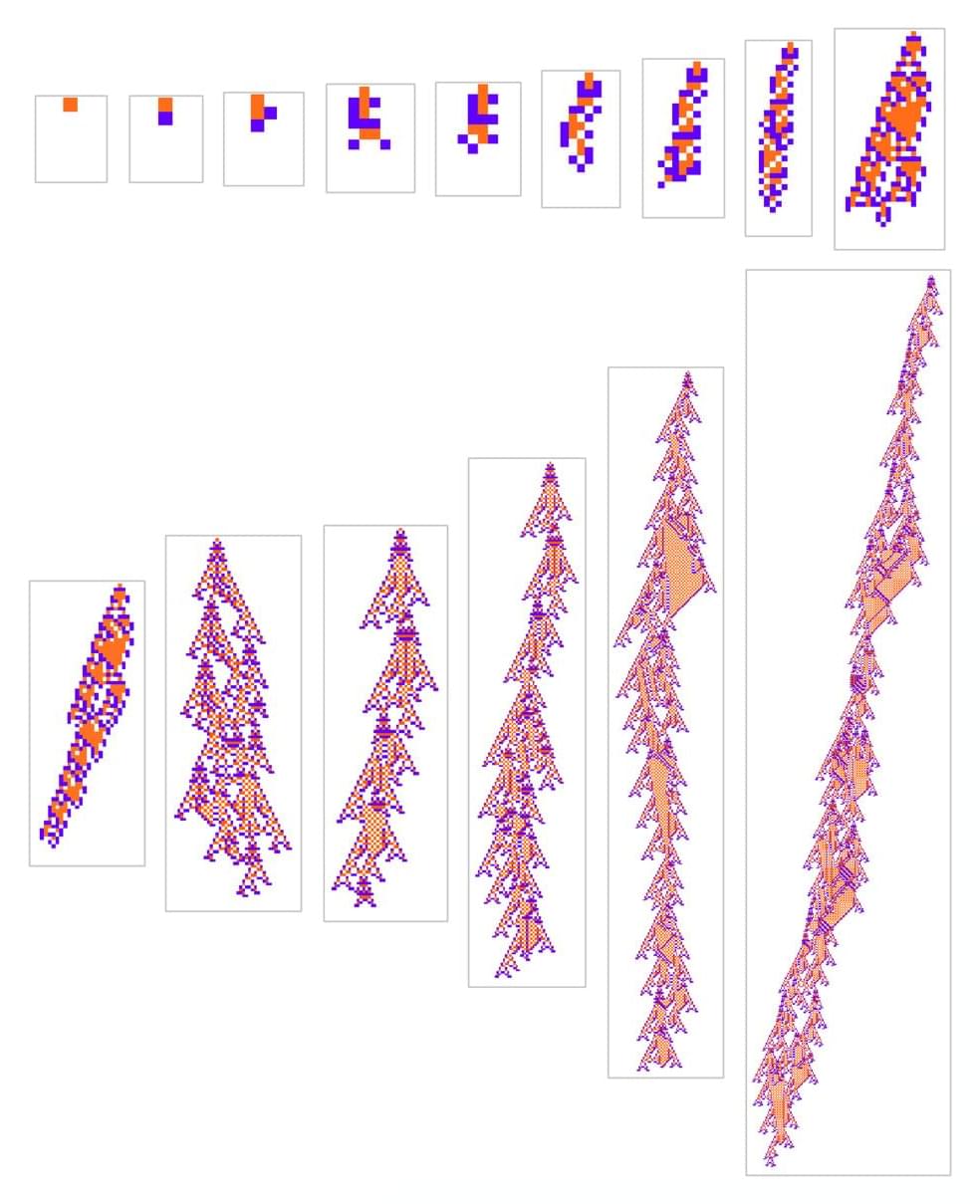
Stephen Wolfram explores simple models of biological organisms as computational systems. A study of progressive development, multiway graphs of all possible paths and the need for narrowing the framework space.
Jun 21, 2024
Towards edible robots and robotic food
Posted by Dan Breeden in categories: biotech/medical, food, health, robotics/AI
Robots and food have long been distant worlds: Robots are inorganic, bulky, and non-disposable; food is organic, soft, and biodegradable. Yet, research that develops edible robots has progressed recently and promises positive impacts: Robotic food could reduce electronic waste, help deliver nutrition and medicines to people and animals in need, monitor health, and even pave the way to novel gastronomical experiences. But how far are we from having a fully edible robot for lunch or dessert? And what are the challenges?
Scientists from the RoboFood project, based at EPFL, address these and other questions in a new perspective article in the journal Nature Reviews Materials (“Towards edible robots and robotic food”).
“Bringing robots and food together is a fascinating challenge,” says Dario Floreano, director of the Laboratory of Intelligent Systems at EPFL and first author of the article. In 2021, Floreano joined forces with Remko Boom from Wageningen University, The Netherlands, Jonathan Rossiter from the University of Bristol, UK, and Mario Caironi from the Italian Institute of Technology, to launch the project RoboFood.
Jun 21, 2024
Could the universe be conscious?
Posted by Dan Breeden in categories: neuroscience, particle physics
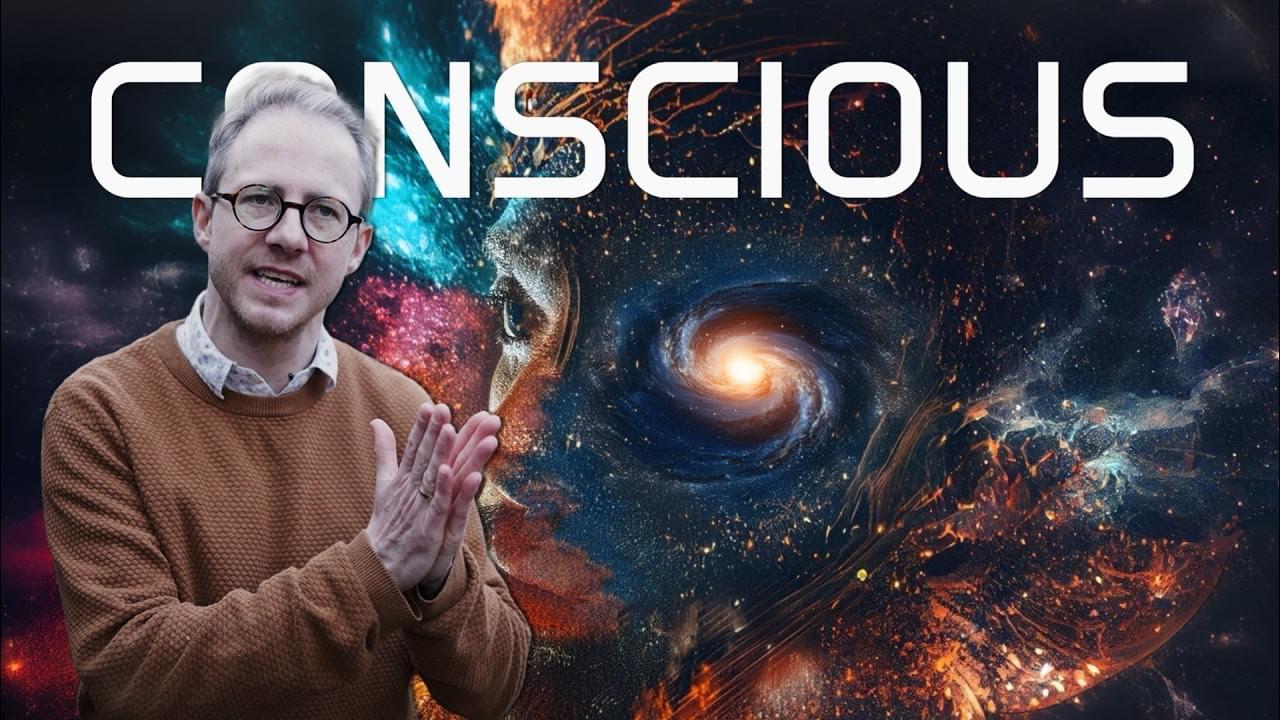
Philip Goff believes that everything, even tiny particles like electrons, has a little bit of consciousness. This idea is called panpsychism. He explains that this might help us understand why we have feelings and thoughts.
Philip discuss another idea called cosmopsychism, which is a theory that suggests the entire universe is a single conscious entity. Instead of individual minds (like human minds) being separate and independent, they are seen as parts of the universe’s larger, unified consciousness. In simpler terms, it means that the universe itself has a mind, and our individual consciousnesses are just small parts of this greater, universal mind.
Jun 21, 2024
RoHM: Here are 6️⃣ research papers to add to your reading list from AI researchers at Meta at CVPR 2024
Posted by Cecile G. Tamura in category: robotics/AI
• Relightable Gaussian Codec Avatars ➡️ https://go.fb.me/gdtkjm • URHand: Universal Relightable Hands ➡️ https://go.fb.me/1lmv7o • RoHM: Robust Human Motion Reconstruction via Diffusion ➡️ https://www.youtube.com/embed/hX7yO2c1hEE
RoHM is a novel diffusion-based motion model that, conditioned on noisy and occluded input data, reconstructs complete, plausible motions in consistent global coordinates. Given the complexity of the problem — requiring one to address different tasks (denoising and infilling) in different solution spaces (local and global motion) — we decompose it into two sub-tasks and learn two models, one for global trajectory and one for local motion. To capture the correlations between the two, we then introduce a novel conditioning module, combining it with an iterative inference scheme. We apply RoHM to a variety of tasks — from motion reconstruction and denoising to spatial and temporal infilling. Extensive experiments on three popular datasets show that our method outperforms state-of-the-art approaches qualitatively and quantitatively, while being faster at test time.
Jun 21, 2024
Amazon reportedly thinks people will pay up to $10 per month for next-gen Alexa
Posted by Raphael Ramos in category: futurism
Wil it be worth it?
Amazon is working on a higher, more-advanced tier of Alexa for which it may charge as much as $10 per month.
Jun 21, 2024
Cow-free milk? Scientists engineer yeasts, plants with bovine genes
Posted by Raphael Ramos in category: futurism

Scientists are using bovine genes to produce cow-free milk with original taste and nutrition:
Engineers are using bovine genes in yeasts and plants to create cow-free milk with the same taste and nutrition.
